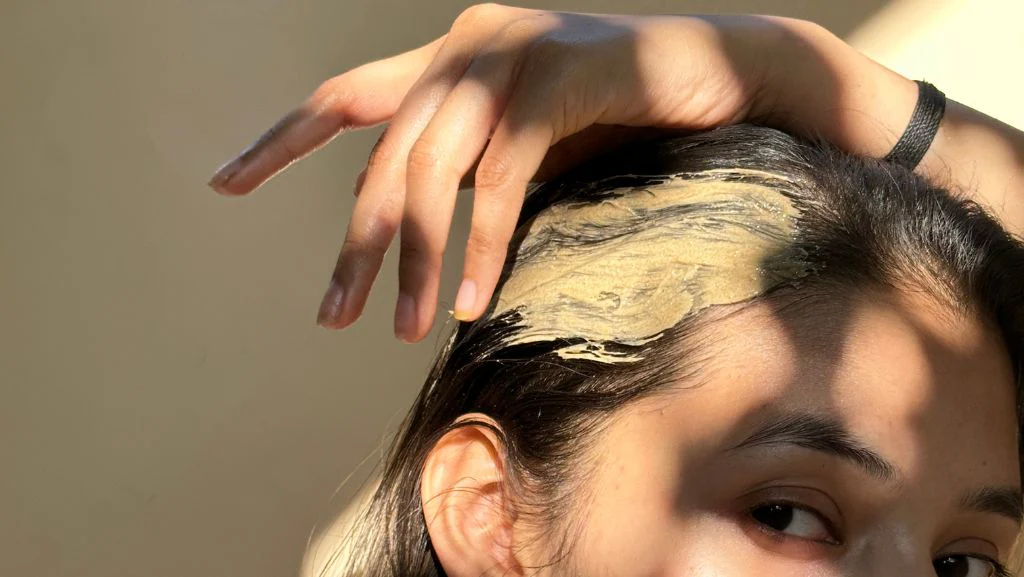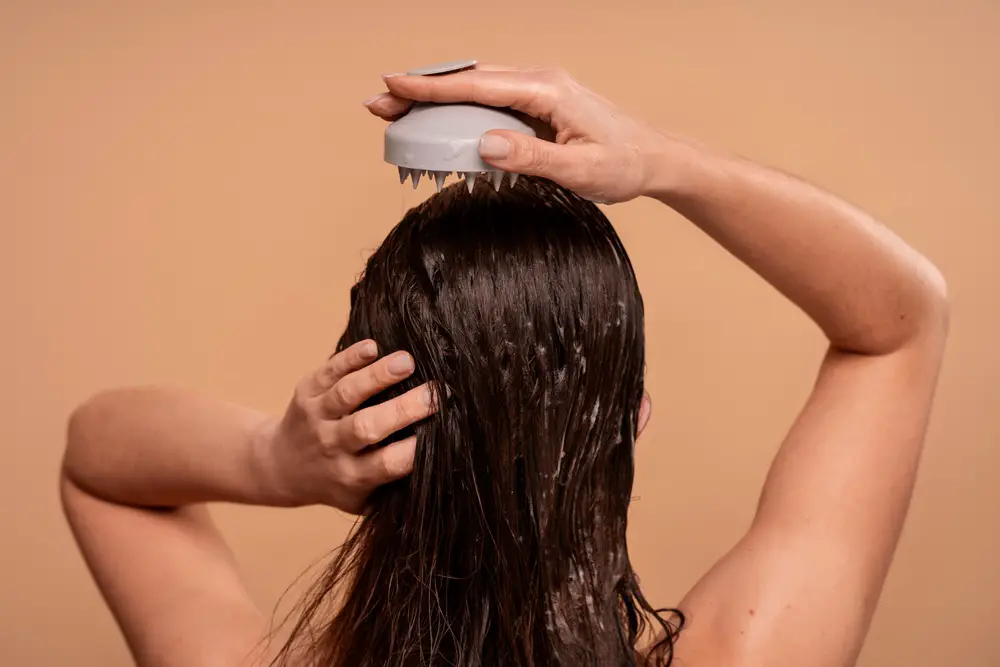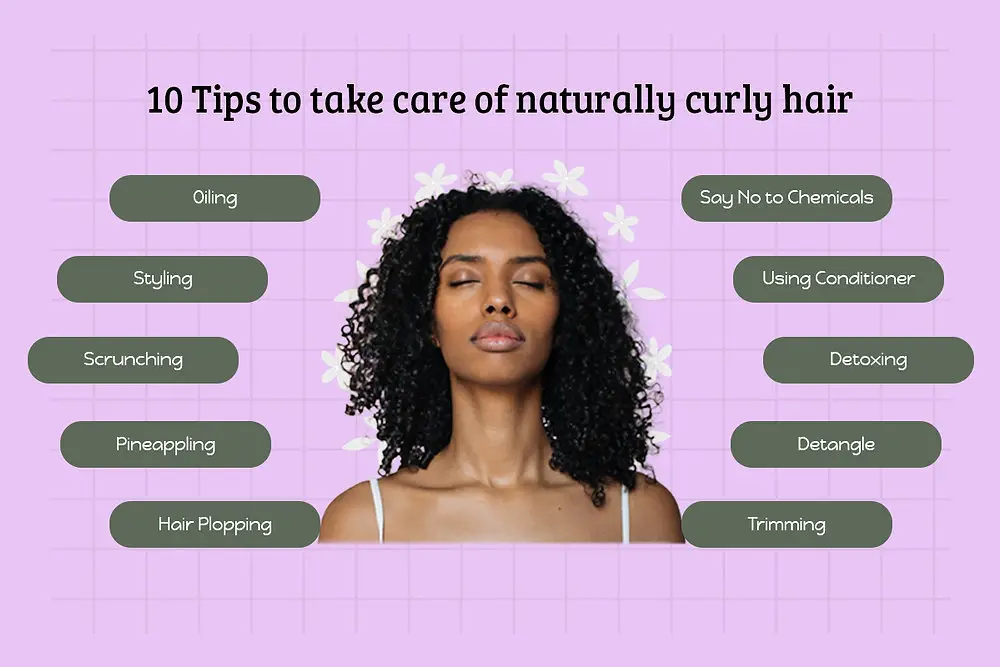The Ultimate Guide to Hair Care: Tips for Healthy, Vibrant Hair
Achieving and maintaining beautiful, healthy hair isn’t just about genetics; it’s about understanding your hair’s needs and giving it the care it deserves. Whether you’re dealing with dryness, breakage, or just looking to enhance your hair’s natural shine, this guide will walk you through effective hair care strategies. Let’s dive into everything you need to know.
Understanding Your Hair Type and Porosity
Your hair type and porosity determine how it reacts to products, moisture, and care techniques:
- Hair Types: Straight, wavy, curly, or coily hair each has unique needs. For example, curly hair requires more hydration, while straight hair benefits from lighter products to avoid greasiness.
- Hair Porosity: Test your hair’s porosity by placing a strand in a glass of water:
| Porosity Type | Characteristics | Care Tips |
|---|---|---|
| Low Porosity | Hair floats | Use lighter products, ensure deep conditioning |
| Medium Porosity | Hair stays in the middle | Maintain regular conditioning and minimal heat exposure |
| High Porosity | Hair sinks | Use heavy moisturizers and protein treatments |
1. Cleansing Your Hair
Proper cleansing is the foundation of healthy hair care:
Choose the Right Shampoo
- Use a sulfate-free shampoo to avoid stripping natural oils.
- Look for shampoos with nourishing ingredients like argan oil, keratin, or biotin.
Washing Frequency
| Hair Type | Washing Frequency |
| Oily Hair | Every 1-2 days |
| Dry/Curly Hair | 2-3 times per week |
- Avoid over-washing as it can lead to dryness and scalp irritation.
Proper Technique
- Focus shampoo on the scalp to remove dirt and oil buildup.
- Rinse with lukewarm water to prevent dryness.
2. Conditioning and Moisturizing
Hydration is key to preventing dryness and breakage:
Use Conditioner Correctly
- Apply conditioner only to the mid-lengths and ends to avoid a greasy scalp.
- Leave it on for 2-3 minutes before rinsing.
Deep Conditioning Treatments
- Use a deep conditioner or hair mask once a week for intensive hydration.
- Ingredients like shea butter and avocado oil are excellent for restoring moisture.
DIY Tip: Mix coconut oil and honey for a homemade deep conditioner.

3. Detangling and Styling
Avoid breakage by detangling and styling carefully:
Detangling
- Use a wide-toothed comb on wet hair.
- Start at the ends and work upwards to prevent breakage.
Heat Protection
- Always apply a heat protectant before using styling tools.
- Opt for tools with adjustable heat settings to minimize damage.
Limit Heat Styling
- Reduce the use of curling irons, flat irons, and blow dryers.
- Air-dry your hair whenever possible, or use a blow dryer on a cool setting.
4. Scalp Care
A healthy scalp is the foundation for strong, shiny hair.

Regular Scalp Massages
- Massage your scalp for 5-10 minutes daily to boost blood circulation and promote hair growth.
- Use essential oils like rosemary or tea tree oil for added benefits.
Exfoliate Your Scalp
| Scalp Exfoliation Benefits | Examples of Products |
| Removes buildup | Scalp scrubs, DIY sugar scrubs |
| Promotes blood circulation | Essential oil-infused scrubs |
Avoid Harsh Chemicals
- Look for products free from sulfates, parabens, and artificial fragrances that can irritate the scalp.
5. Nutrition and Hydration
Hair health starts from within:
Balanced Diet
- Include foods rich in biotin, vitamin E, and omega-3 fatty acids.
- Examples: Salmon, nuts, eggs, and spinach.
Stay Hydrated
- Drink at least 8 glasses of water daily to keep your hair hydrated.
6. Protective Measures
Protect your hair from environmental damage and physical stress:
UV Protection
- Wear a hat or use hair products with UV filters when spending time in the sun.
Gentle Hair Accessories
- Use silk scrunchies and avoid tight hairstyles that can cause breakage.
Protective Hairstyles
- Styles like braids or buns help reduce tangling and breakage, especially while sleeping.
7. Seasonal Hair Care Tips
Adjust your routine based on seasonal changes:
- Winter: Combat dryness with heavier moisturizers and protect your hair from cold winds.
- Summer: Use UV-protectant sprays and rinse hair after swimming to remove chlorine or saltwater.
8. Specialized Hair Care

Color-Treated or Chemically Treated Hair
- Use color-protecting shampoos and conditioners.
- Minimize heat styling and avoid sulfates to preserve hair health.
Anti-Hair Loss Tips
- Avoid tight hairstyles and over-brushing.
- Consider scalp treatments like minoxidil or natural remedies like onion juice.
9. Common Hair Myths Debunked
- “Frequent trims make hair grow faster”: Trims prevent split ends but don’t affect hair growth speed.
- “Hair oils always make hair greasy”: Oils like argan or jojoba, when used sparingly, can nourish without greasiness.
10. DIY Hair Care Remedies
Try these natural remedies for a cost-effective solution:
- Frizz Control: Mix aloe vera gel with a few drops of argan oil.
- Hair Growth: Massage your scalp with warm coconut oil infused with rosemary.
- Shiny Hair: Rinse with diluted apple cider vinegar after shampooing.
Conclusion
Healthy hair requires consistent care, a tailored routine, and mindful practices. By understanding your hair type and incorporating these tips, you can achieve and maintain gorgeous, resilient locks. Start today and see the transformation over time!
Frequently Asked Questions
- How often should I wash my hair?
- This depends on your hair type. Oily hair may need washing every 1-2 days, while dry hair benefits from less frequent washing.
- How can I protect my hair while sleeping?
- Use a silk pillowcase or wrap your hair in a silk scarf to reduce friction and prevent breakage.
- What’s the best way to prevent split ends?
- Regular trims, avoiding excessive heat, and using nourishing conditioners can help prevent split ends.
- Can stress cause hair loss?
- Yes, stress can trigger conditions like telogen effluvium, causing temporary hair shedding.
- What are the benefits of using natural oils?
- Oils like coconut, argan, and castor oil provide hydration, strengthen hair, and improve scalp health.
- What should I do if my hair feels excessively dry?
- Incorporate deep conditioning treatments, reduce heat styling, and use leave-in conditioners.
